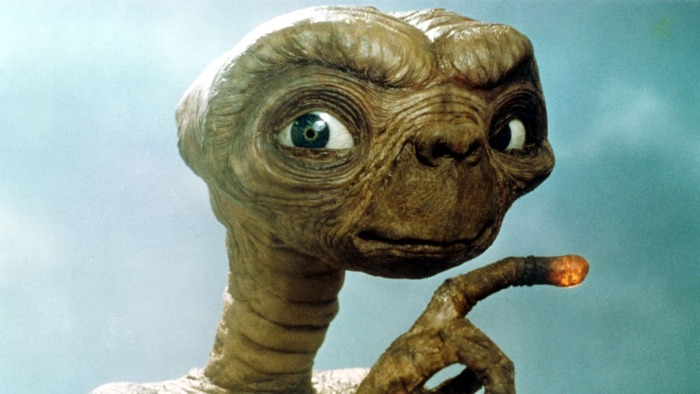A small observatory at Harvard University watches the sky 24 hours a day. It’s not searching for stars or supernovae, but for something far more controversial: UFO’s or, to use the more modern and less sensational term, UAP: Unidentified Anomalous Phenomena. The initiative is called the Galileo Project, founded in 2021 by Avi Loeb, a theoretical physicist at Harvard known for his unconventional, yet always scientifically grounded, theories.
Among the team’s most notable figures is Garance Dominé, a brilliant young French scientist trained at École Polytechnique and Stanford University, where she studied neutrinos, near-invisible particles capable of passing through the entire planet undisturbed. Rather than following a traditional academic path, Dominé chose an alternative route: helping to build a new science of the unexplained.
The observatory is a modest array of sensors: infrared cameras, particle counters, spectrometers, and magnetometers, all pointed skyward. But the true driving force behind the research is artificial intelligence. Advanced software analyzes vast amounts of data in real time, distinguishing between known objects such as aircraft, drones, birds and anomalies that defy classification.
Richard Cloete, Dominé’s colleague, emphasizes that precisely because we don’t know what we’re looking for, it’s essential to know exactly what a UAP is not. Cloete, a South African who began his career building Tesla coils and amateur radios, later earned an engineering degree in the UK. He now leads the development of an extensive database of flying objects both real and artificially generated, using software like Blender to train the project’s algorithms.
These tools, connected to the university’s powerful computing clusters, learn to recognize everything conventional in the night sky so they can alert researchers the moment something breaks the pattern. At that point, the observatory automatically activates additional cameras and stores the data for deeper analysis.
This isn’t about chasing aliens in tinfoil hats, it’s about applying scientific rigor to one of humanity’s most compelling questions: are we alone? Loeb, known for his controversial views on the existence of extraterrestrial life, drew global attention in 2018 when he hypothesized that the interstellar object “Oumuamua” might be an alien probe. Since then, he has turned suspicion into systematic analysis, arguing that “the universe is too vast to rule out the extraterrestrial hypothesis a priori.”
The Galileo Project isn’t just an academic effort. Following a 2017 New York Times report revealing the Pentagon’s secret interest in UAP, the U.S. Congress mandated the Department of Defense to publish annual reports on the subject and established a dedicated office: AARO. Other institutions from Wellesley College to the Nordic Institute for Theoretical Physics are now launching similar research initiatives.
Dominé, who as a child was fascinated by languages and computer programming, has always sought answers to life’s big mysteries. Her intellectual influences include not only Einstein but also Jacques Vallée, the French astronomer and ufologist who inspired the film Close Encounters of the Third Kind. For her, studying UAP doesn’t necessarily mean believing in aliens, it means exploring the unknown with scientific authority.












